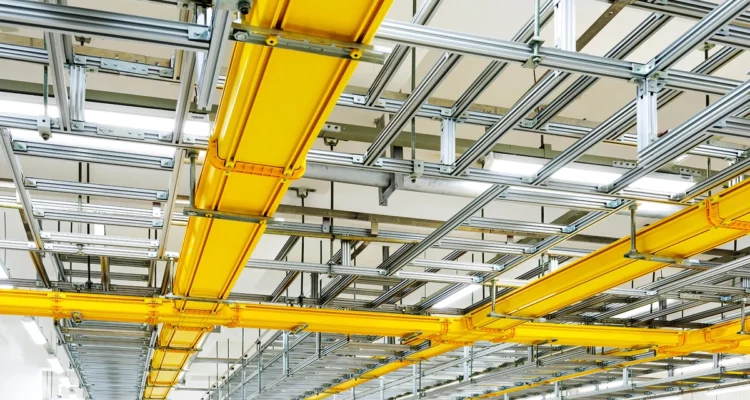Records management process refers to the process that enables us to systematically manage retain and preserve organizational records throughout its lifespan. Records management process begins with creation of records, and goes all the way to dissemination, distribution and finally finishes with safe destruction.
What are different types of organizational records?
Records refer to data that comes through various types of documents in to your organization. It could be anything, such as a letter, financial documents, human resources management files, sales and marketing related documents and that that hit your office desk.
List of Top 10 Benefits of Effective Records Management System.

The benefits of effective records management system are undeniable for businesses and organizations in the current digital landscape. It helps speed up the work force productivity, improve efficiency and make it easy for us to trace files and documents. In addition, effective records management enables organizations to ensure their staff members have a complete accessibility to the right and accurate data and information in cost effective and a timely manner.

Typically, there are two main ways how organization can manage and retain internal records.
- Onsite Records Management: Refers to records management within the organization premises.
- Offsite Records Management: An Offsite record is the process of managing records away from the realm of your organization. Typically it involves outsourcing either partial or the entire records management process to any third party records management services provider.
So without further ado, let’s get you to some the most essential benefits of establishing effective records management practices in your organization.
Reduces the Generation of Paper – Based Records
Though we are more and more relying on the digital and electronic files, the amount of pen and paper used in our office has not much reduced? With a record management system adoption, an organization can significantly limit the generation and creation of records and file copies.
When to Retain and When to Dump

Records management professionals constantly organize and analysis which record file is required to be retained, and which one isn’t. Based on management practices, records can be classified into two major types.
- Active Records
- Inactive Records
In organization and business world, records come in various genres that require different retention timelines. For example, certain files requires to be maintained for longer period of time such as contract paper and other files that may any legal value. Other files such as letters and daily notes that do not hold any significant future value are than forwarded to the process destruction through a safe paper shredding services provider.
Easier Retrieval and Records Shredding

The result of allocating too much time while searching for a misplaced file can be quite daunting. Digging out a needed file out from the pile of records can consume too much time and eventually reduce productivity and staff performance.

Hence, having the ease of fast retrieval is one of the major reasons why you should adopt an effective records management in your company. In addition, every records management and paper shredding company often provide safe records destruction that allows you to dispose the data, files and folders that are no longer needed.
Convenience of Records Accessibility

Your organization staff members can easily get their hands on any needed file, anytime and anywhere. Effective records management practices include protecting recodes electronically. Recodes that is stored electronically enables us to retrieve any needed file from just about anywhere in the world. In addition, staff managers can also limit the access to a certain faction of employees within the organization.
Guaranteed Records Safety

A perpetual records security is one of the major key benefits of adopting best records management systems. Either physical or digital data, records archiving firms uses state of the art cloud storage technologies and well equipped warehouses that protect your organizational data from different ends, such as:
- Unauthorised personals
- Hackers and data breeches
- Environmental disorders and natural calamities




